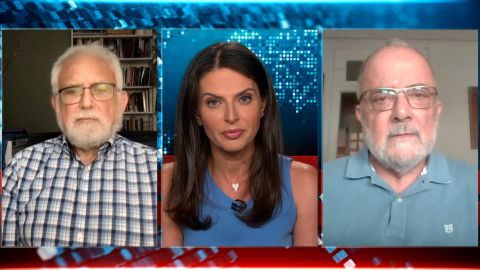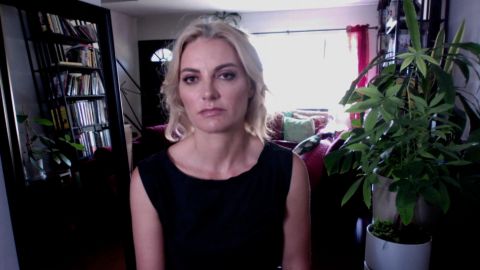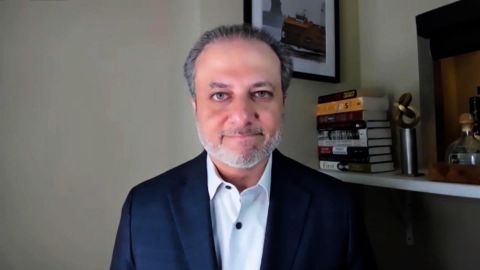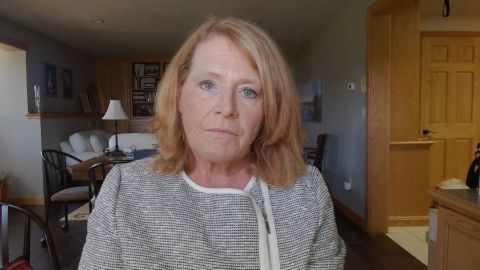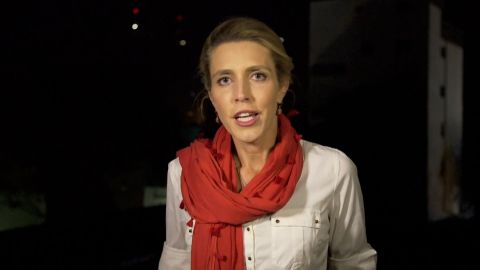Read Transcript EXPAND
AHMED RASHID, AUTHOR, “TALIBAN”: Well, I think one of the major causes was a lack of leadership. President Ashraf Ghani has not been able to provide the kind of leadership that the military needed and even that the population needed. He’s barely left his office. Only the other day, he left for one visit to the northern city of Mazar-e-Sharif. But he hasn’t been out anywhere since then. He’s hardly given any pep talks to the population. And now, of course, there’s a huge crisis in Kabul itself, with tens of thousands of refugees pouring in from outlying areas, even coming in from the north, which is now entirely in the hands of the Taliban, except for Mazar-e-Sharif. So you have now refugee crisis. And, remember, Afghanistan is landlocked. So there is now really a stranglehold that the Taliban have because of the city.
BIANNA GOLODRYGA: And it’s happening in the midst of a pandemic. Let’s not forget about that. Barnett, in terms of Kabul, we talk about the significance of Kandahar. That obviously is the birthplace of the Taliban. But Kabul, the capital, is something entirely different. And there are reports of real concern for the city within the White House, in the administration. “The New York Times” headline just an hour ago, USS Taliban asks to spare its embassy in coming fight for Kabul. It does appear that the Taliban is leading the charge here.
RUBIN: Yes. I mean, Kabul is not comparable to any other city in Afghanistan. It has six or seven million people. That is to say, it’s maybe the size of Los Angeles. Kandahar, the second largest city, has half-a-million people. It has — it’s huge. It has infrastructure and so on. And it has a population with a very, very large share of anti-Taliban groups. So, it would be a much bigger operation than taking the smaller cities. But the fact is, Kabul — as Ahmed said, Afghanistan is landlocked. And the Taliban have captured nearly all of the border crossing points, so cutting off the government from its revenues and from trade. They can still — it still has one with Uzbekistan and one with Pakistan. Kabul is kind of an island in the middle of this landlocked country. And it depends on those other things coming over the border for its supplies and so on. So, if the Taliban do take Mazar-e-Sharif and/or Jalalabad in the east, which we haven’t heard much about, which is the mains supply route from Pakistan to Kabul, then it really will be isolated.
About This Episode EXPAND
Barnett Rubin and Ahmed discuss the situation in Afghanistan. Clarissa Ward gives an update on the ground in Kabul. Heidi Heitkamp reacts to two bills that passed through the Senate this week. Filmmaker Lucy Walker discusses her new film “Bring Your Own Brigade.” Preet Bharara weighs in on the Cuomo resignation and the Rosen testimony.
LEARN MORE
